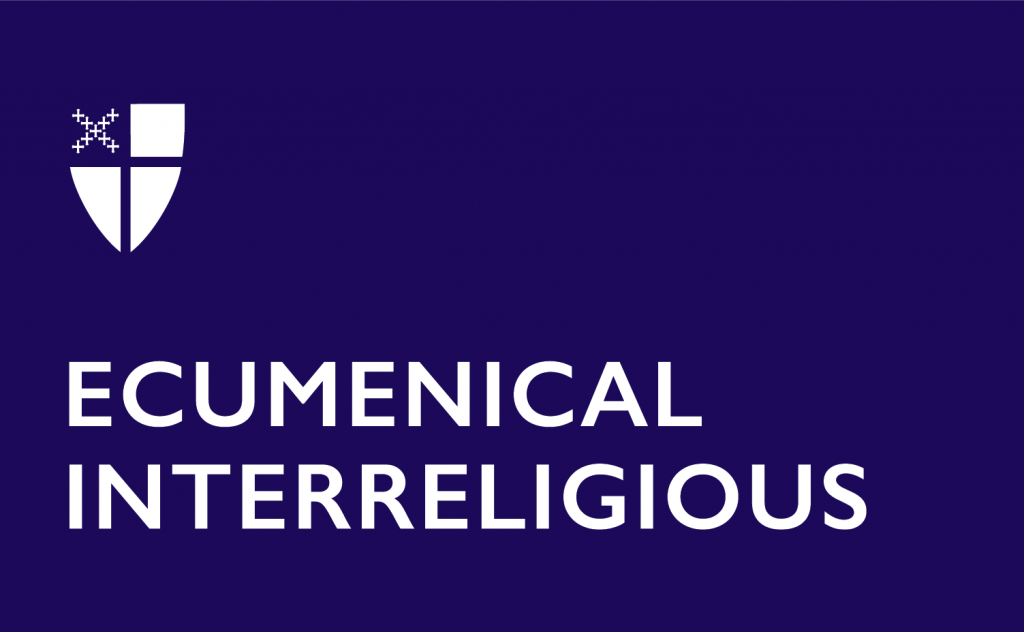From the Rev. Margaret Rose: Winter 2021
Ecumenical Interreligious Work in a Polarized World: What’s Next?
This newsletter was meant to go out weeks ago, noting that November’s election results, which showed a clear winner as well as the clear divisions in this country and the healing/uniting ecumenical work that lies ahead. Today, as I write on the Feast of the Epiphany, those words are an understatement. Our conversations across difference, be they religious, political, familial, personal, or social are more vital than ever. As we head into this new season, we are aware that this past election tells us as much about who we are as a country as about who will be our elected officials in the coming months. The good news is that voter turnout was the highest it’s been in 120 years. But the race and subsequent protests underscore the deep divisions which continue to pull us apart in this time of pandemic.
In the Ecumenical and Interreligious arena, we are not unfamiliar with such divisions. Though our divisions often have to do with theological matters rather than partisan politics, the divisions amongst communities of faith have been a source of public division and even violence. Since its beginning, the ecumenical movement has recognized its public role, seeking to bridge the theological divides which too often were the cause of political and partisan warfare. Ecumenical work is about bridging the divides. We do not do this by denying the presence of those divides; rather, it is through recognizing those gaps and making space, building a bridge to walk over, however tentatively, that we get to see and experience what is happening “on the other side.”
The surprising outcome of this work has been the discovery of the gifts of those whose values, ideas, cultures, and religions are not our own. The recognition of these gifts helps us deepen our own faith even as we respect that of those who worship and live differently. The ELCA resource, “Engaging the Other, Knowing Ourselves,” says it in a nutshell.
Ecumenical and interreligious work offers something unique for our time. Its discipline of listening, really listening – not for what is alike but for what is different in others – is a powerful discipline that is sorely needed right now. This kind of listening asks: what are the gifts of difference? In other words, we listen, not always for what we have in common (or how the other might be like me), but rather for the gift of difference that enriches our own faith and lives.
We are not all alike under the skin and in fact we don’t all want the same things. Nevertheless, we are neighbors called to love one another. And we can’t love one another unless we know one another, listen to one another, and come together with the assumption of positive intent.
This month’s newsletter has some examples of this work, with links to others. We invite you to read and respond and join the conversation, building bridges and sharing the gifts of difference.
With thanks,
Margaret Rose

